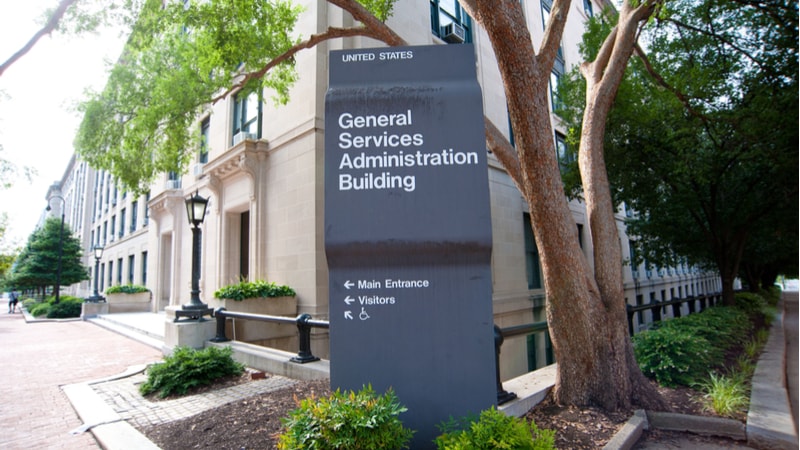
General Services Administration officials said today they expect their plan to consolidate 24 multiple award schedules into a single schedule for products and services to take about two years to complete, and that the effort is expected to yield workforce cost savings and efficiencies for both GSA and private sector partners that sell to the Federal government.
Central to GSA’s larger strategy with consolidation, said Alan Thomas, commissioner of the agency’s Federal Acquisition Service, is “to make the government buying experience efficient and modern.” The 24-month transition process, he said during a conference call with reporters today, will allow the agency to “take a measured approach” that “allows us to incorporate stakeholder feedback throughout the process.”
Stephanie Shutt, MAS [Multiple Award Schedules] Program Management Office Director at GSA, said the project phases will include creating the new single schedule, shutting down existing schedules, and migrating existing contracts to the new system. The new single schedule, Thomas said, will have one set of terms of conditions, which he said will ensure “consistency in the process.”
GSA Administrator Emily Murphy called the schedule consolidation plan “long overdue,” and a “critical component of how we reimagine work.”
While agency officials did not issue any estimate of cost efficiencies that the consolidation plan might yield, Murphy emphasized that it will free “the acquisition workforce for higher value work” and “let them work on driving the right solutions” for customers.
Thomas characterized some of the expected efficiencies in terms of “cost avoidance and burden reduction,” and for GSA, “focus on higher value things.” And for industry partners, some of whom sell to the government through multiple schedules, “we think it will reduce burden on them to some extent,” he said.
Asked whether the schedule consolidation plan would allow GSA to undertake its own infrastructure modernization, Shutt said the consolidation plan does not require changes in underlying GSA systems, but that creating the unified schedule would be a “catalyst” to the agency looking at how it can improve its systems along the way.
Thomas added that the schedule consolidation “at heart is a process change,” and that once the process is completed GSA will be in better position to bring on more modern IT technology.
And while the two-year process plays out, vendors should take a “business as usual approach,” Thomas said. “If you are currently pursuing a schedule, you should do it . . . Nobody is going to have to hold or stop or wait for us . . . Our goal is to reduce burden,” he said.
